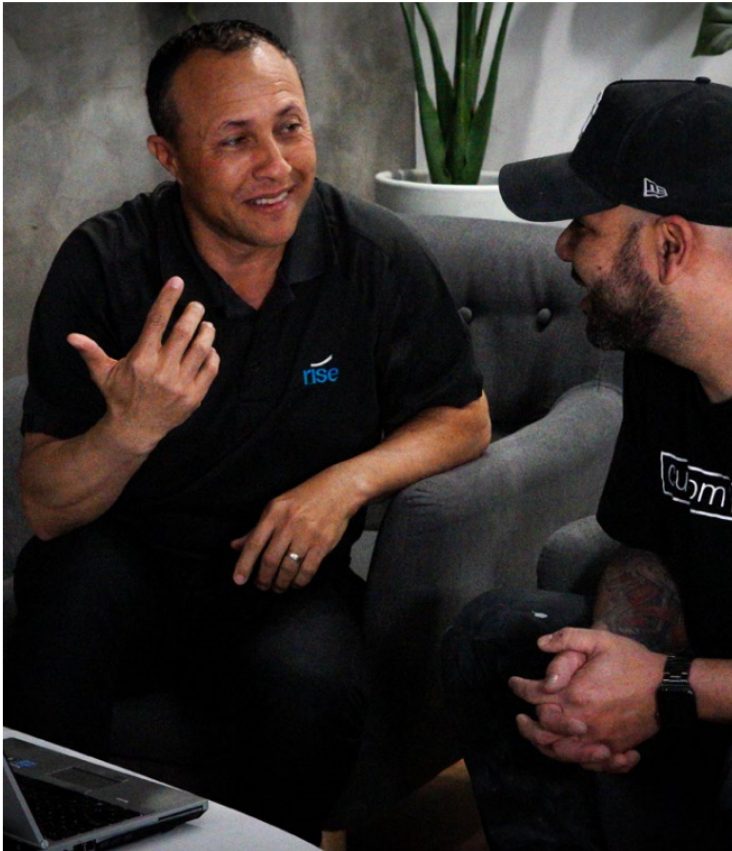
Having worked with hundreds of self-employed and small business owners, Jacobs says the urge to check email, respond instantly to text messages and tap into up-to-the-minute news online are among the time wasting bad habits contributing to long, unproductive hours.
Numerous studies such as those by Brian Wansink at Cornell University and Wendy Wood at Duke University in the United States are clear that bad habits like constantly checking email have specific prompts.
“Notifications, alerts, email prompts… all of these are the results of apps and various software solutions that are supposed to make us more productive but in actual fact they’re cues that interrupt our focus and grow bad habits – constantly checking your phone is a bad habit and wasteful,” says Jacobs.
Evidence that activities like checking emails is a time waster can be found in the Ernst & Young New Zealand Productivity Pulse which reports that new Zealander’s spend 15 per cent of their day on activities that waste time and effort.
The report found that amongst the biggest culprits responsible for time wasting, technology is well represented in email, social media, technology waiting time and Internet browsing.
Jacobs says the irony is that the low uptake of technology is being blamed by some experts for New Zealand’s poor performance in productivity growth, but technology is only ever a tool and how it is used is what makes all the difference.
“The answer is cultivate good workplace habits – a set of rules, policies or procedures – that if practised regular lead to more productive use of time. For example, check email only three times a day – have an auto response that goes out to people who have emailed you telling them you only check email once or twice a day.”
Jacobs admits that expectation to respond instantly puts a lot of pressure on the self-employed and small business owners whose income is dependent on what is perceived as prompt customer service.
“Interrupting what you’re doing, high levels of stress and fatigue from long hours are just as likely to result in errors and frustration from customers. By developing good habits your response times and the quality of your work or products will eventually improve anyway – gaining control has a way of doing that.”
To get underway with forming good habits, Jacobs says it is important to remember that bad habits are usually a response to some form of environmental cue, such as an email notification.
1. Begin by observing your behaviour. What bad habits do you identify as time wasters?
2. Observe when you check social media. How much time is spent on emails? What prompts you to browse the Internet?
3. Understand what triggers your habit.
4. Ask yourself how you can eliminate the trigger. If it’s as simple as a notification, turn those off and shut down your email browsers until the scheduled time.
5. Finally, be prepared to exercise willpower in overcoming the urge that precedes a bad habit.
“Develop a set of rules, policies and systems to structure your day. For example, checking social media for only 20 minutes a day.
“You could take it a step further by making your social media activity a 20 minute checkbox process – particularly if it is important to customer communications or business development. Tick it off and move on – the very act of ticking off the activity makes it easier to resist later in the day.”
Processes help make both business owners and staff more productive and can be applied to virtually any activity, from the quality control steps you go through to how you answer the telephone, select vendors and when and how you make your sales calls.
“Not only will using processes to build good habits make you more productive, but if you intend to sell your business in the future you’ll be adding a lot of value to the sales price by having the processes systemised and documented,” says Jacobs.


